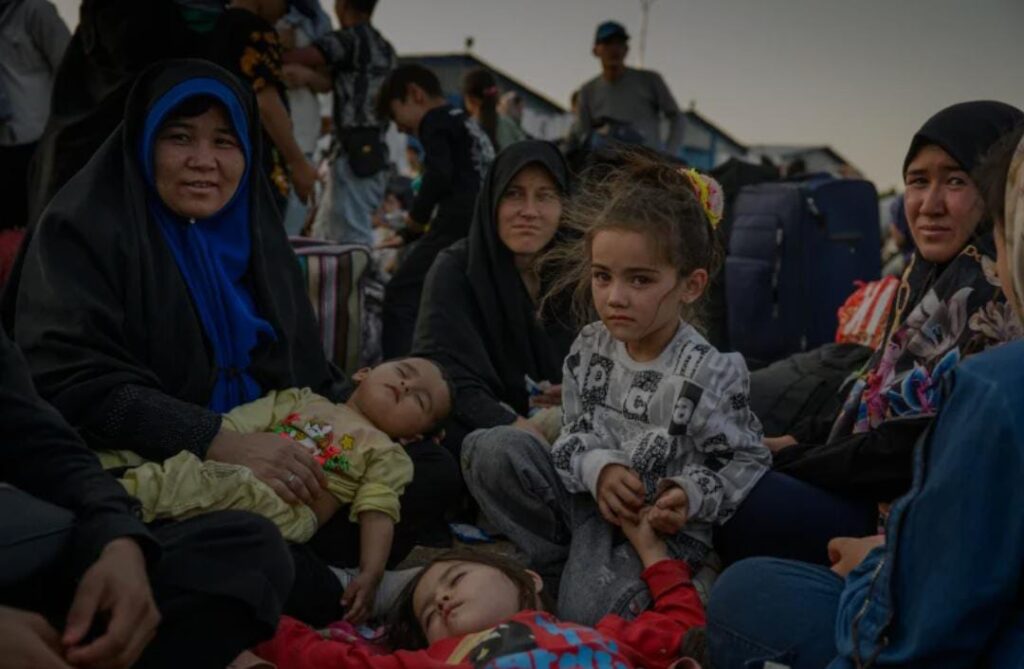At the border camp in Islam Qala, western Afghanistan, Fatima steps off the bus with her three children into blistering heat and a collapsed country. She is one of 800,000 Afghans forcibly returned from Iran in the last six months — victims not only of regional crackdowns but of their own government’s failure to build a functioning state.
Despite the Taliban’s lofty promises of national unity and stability, Afghanistan today is spiraling into chaos. Behind the regime’s militant rhetoric lies a fractured power structure, where internal rifts among Taliban factions are deepening. Rather than governing, each group scrambles to place its loyalists in positions of power, sidelining educated professionals, experienced administrators, and technocrats. Merit is irrelevant. Loyalty to a specific commander or ideological clique is all that matters.
This widespread nepotism and tribal favoritism has paralyzed public institutions. Qualified individuals are excluded, and decisions are driven by internal power games rather than public service. The result: no coherent development agenda, no plan for economic recovery, no space for progress.
Fatima’s story is the tragic result of this dysfunction. Once a skilled carpet weaver in Iran, she has returned to a homeland where she cannot access materials, credit, or markets. The Taliban’s restrictions on women — including bans on work, education, and travel without a male guardian — mean she has no real opportunity to rebuild her life. Her daughter’s only hope is a madrassa, far inferior to the schools she once attended. Even that is uncertain, given the regime’s hostility to girls’ education and its rollback of women’s rights.
Afghanistan’s economic and environmental collapse further compounds the crisis. Drought has ravaged agriculture. Herat’s rivers are dry, boreholes are empty, and urban water is fast disappearing. With no jobs and no water, even daily survival is uncertain.
The regime claims it can govern without foreign aid, yet has done nothing to attract investment or provide basic services. Billions in humanitarian funding over the past four years could have built infrastructure, supported female-led businesses, and improved education — but with a regime focused on control rather than reform, donors have pulled out. Aid is now scarce, and what little remains is spent on emergency relief, not long-term solutions.
The Taliban insists on self-reliance, but fails to deliver anything meaningful. Their refusal to crack down on militant groups operating inside Afghanistan has not only endangered regional security but revealed their duplicity. Whether it’s the Tehrik-e-Taliban Pakistan (TTP) using Afghan soil for cross-border attacks, or the unchecked influence of extremist factions within their own ranks, the Taliban’s promises to the international community have proven hollow.
Afghanistan today is not a functioning country — it is a fragmented emirate ruled by ideology, incompetence, and internal conflict. For returnees like Fatima, there is no future here. Without urgent reform or international pressure, Afghanistan will remain a land of broken promises, wasted potential, and another mass exodus waiting to happen.





